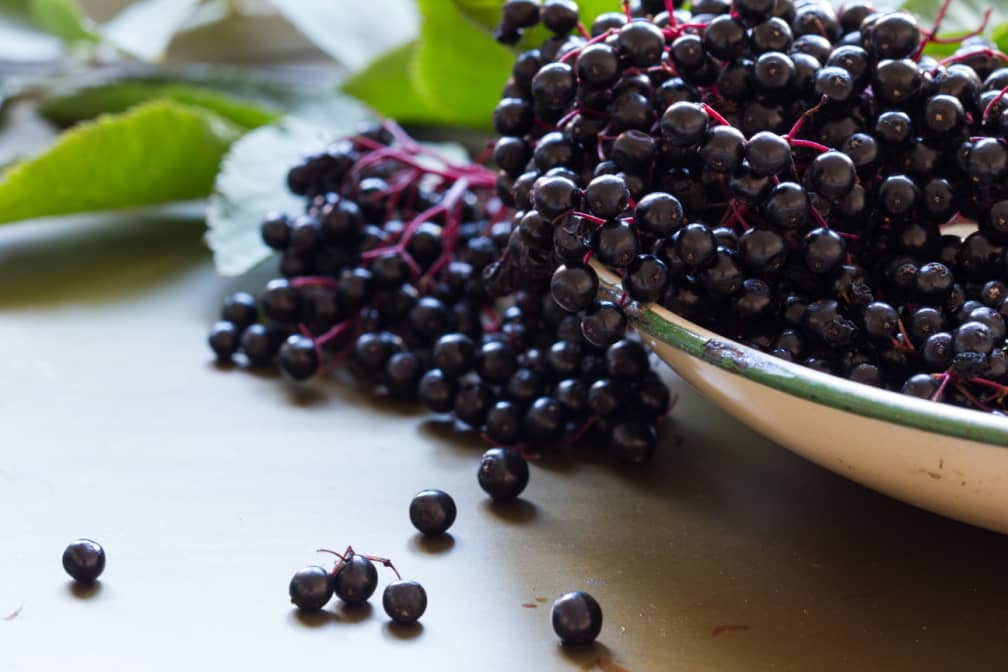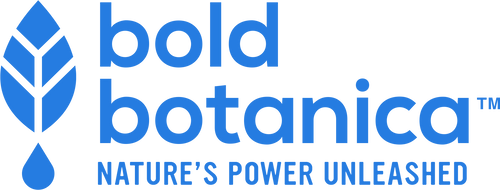How Good is Your Elderberry?

By James “Slim” Miles
Not all Elderberry products are created equally.
When friends ask, “Hey man, what makes your elderberry so special?” “How is it different from all the others out there?”
I absolutely love to answer these questions!
To me, a good analogous series of questions are; “What makes your car so special?” “How is it different from the others?” Certainly, a functional working vehicle will get you from point A to point B, but there is a big difference in the quality, strength, environmental impact and reliability of a car as well as performance between various makes and models. I feel this is imagery that we can all relate to; there is a vast chasm of difference between driving a Yugo GV to work as opposed to a Lamborghini Countach.
Elderberry is likely the most popular dietary supplement being sold volumetrically right now in the retail realm of botanical commerce, especially in the category of immune health. Elderberry or Black Elderberry (Sambucus nigra) grows abundantly and wildly in North America but is indigenous to Europe as a hedge tree or shrub. These dark purple berries mature in September and October and contain many nutritive compounds, especially vitamin C (ascorbic acid), and are highly concentrated in flavonoids, including quercetin and anthocyanins, which are considered to be responsible for the positive activity physiologically. It is absolutely no secret or surprise, that this berry, in various forms, has traditionally been used as an immune tonic and immune booster for centuries.*
However, let’s consider that according to the American Botanical Council (ABC - Home - American Botanical Council (herbalgram.org), US elderberry sales blew up to approximately $320 million in the year 2020, which was an approximate increase of around 150% over 2019 sales. This dramatic rush into the limelight, most certainly driven by the presence of a global pandemic, does not come without certain challenges and uncertainties. Mainly, it begs this question: how robust, stable and trustworthy is the global elderberry supply chain? Well, apparently due to the incredibly high demand for elderberry raw material in the past 2 years, the global supply chain for elderberry has been quite stressed to say the very least.
From another industry report, published in ABC’s HerbalEGram newsletter (found here: Tales from the Elder: Adulteration Issues of Elder Berry - American Botanical Council (herbalgram.org)) “a total of 58 (10.9%) of the of the 532 samples failed the identity test specifications due to differences in the analytical fingerprint” when these samples were compared to validated and authentic identity samples of actual elderberry BRM (botanical reference material). This report was published by the Botanical Adulterants Prevention Program – (BAPP- Botanical Adulterants Prevention Program - American Botanical Council (herbalgram.org) ) which is comprised of three inspired and dedicated organizations committed to herbal excellence: American Botanical Council (ABC), the American Herbal Pharmacopoeia (AHP), and the University of Mississippi's National Center for Natural Products Research (NCNPR).
It was also noted in this report that of the 8 companies/labs that participated in these analyses, adulterated materials were most frequently found when manufacturers analyzed competitor products. If you go to that great behemoth of online commerce, Amazon.com, and type “elderberry” into the “Health, Household & Babycare” department in the search bar, you will come up with the first “24 of over 2,000 results for elderberry”. Mathematically speaking then, 2.61 of those products on the first page, according to the numbers found in the report, would be elderberry products that contain some adulterated material, and of the 2,000 others – extrapolating the same – would give you approximately 218 items that contained adulterated or “cut with something else” elderberry if you will.
The issue of adulteration doesn’t even cover the broader consideration with regard to product strength or potency, which can have a significant effect on an Elderberry product’s efficacy. The most common elderberry products you will find on Amazon in order of prominence are:
gummies
capsules/tablets
syrups/liquids
dried berries/powder
Comparative Shopping – What to look for in an Elderberry product.
Here are a few points to consider when evaluating labels of Elderberry products to choose the best products for you and your family.
Is the product using organic material?
If your product is certified organic that means it was grown without chemical pesticides or fertilizers.
What is the strength of the product (is the material an extract, juice concentrate or just raw or crude herb)?
This will often be represented by a “weight to volume ratio” which is indicative of the strength of the material. Extracts or juice concentrates will always be more potent. Bold Botanica’s Elderberry Elixir uses an Elderberry extract which has a ratio of 65:1 – meaning that 65 lbs. of Elderberry was used to achieve 1 pound of concentrate.
Does the label show or guarantee a specific level of activity such as polyphenol content by way of number of milligrams or percentage of polyphenolic content?
This is bold because if the manufacturer calls this out, they will have tested the raw material and finished product in order to guarantee and quantify the presence of these “active” compounds. If the company does not, my question is why (?).
What is the serving size such as number of teaspoons?
If you are looking to buy a syrup you should always note the product's strength and serving size when comparing prices. While some companies might offer a lower price, if their serving size is 2 teaspoons rather than 1, you may only be getting half the doses you think you're getting. So for instance, if you have a 4 ounce bottle that offers 2 teaspoons as a serving, this would actually only be 12 servings per bottle, as opposed to 24 if the serving size is one teaspoon. So a stronger extract may be priced higher, but still offer a lower price per dose. Bold Botanica Elderberry Elixir is packed with potency and 1 teaspoon is the serving size.
What is the serving size equivalency?
In other words, how much raw Elderberry is used in the processing to bring you a teaspoon serving? Bold Botanica Elderberry Elixir uses 18 grams (or 18,000 milligrams) of fresh Elderberry to give you that in a single dose. To me, in my mind, if a product does not call this out in their product information, I ask “why?”
How much sugar or honey is in the Elderberry syrup or gummy?
It has been known for some time now that sugar (glucose as well as fructose, which makes up about 40% of honey) causes inflammation in the body. Sugar can also influence the way the immune system (white blood cells) attacks bacteria. Sugar can suppress immune function for up to 5 hours after consumption, and possibly more. There is also evidence that sugar and fructose can feed and support the activity of various pathogens. Bold Botanica’s Elderberry Elixir proudly and boldly uses Monk Fruit extract, which is a safe and no – calorie natural sweetening agent.
These are a few questions/answers that I ask and share with friends and family in order to help shine a light on the immense range of product quality and variability that can exist in the consumer Elderberry marketplace today.
There are actually some well documented peer reviewed published studies regarding the positive effects that elderberry can have on the human body and immune system, but the FDA won’t allow us to cite these or make those claims. And, we actually shouldn’t until we have conducted actual studies on our Bold Botanica Elderberry products.
So . . . in the meantime at Bold Botanica, we will just continue to make some of the best tasting, super potent, highly effective sugar – free Elderberry Syrup and capsules until further notice . . . while reminding you from time to time that . . . not all Elderberry products are created equally.

James “Slim” Miles – is a 30 year veteran of the natural products industry, Phytotherapist, Ayurvedic Practitioner, a co-founder of Bold Botanica, and VP of Innovation & Science at Employee Owned Apotheca, Inc.
This blog is intended for educational purposes only. This information has not been evaluated by the Food and Drug Administration. This information is not intended to diagnose, treat, cure, or prevent any disease.



